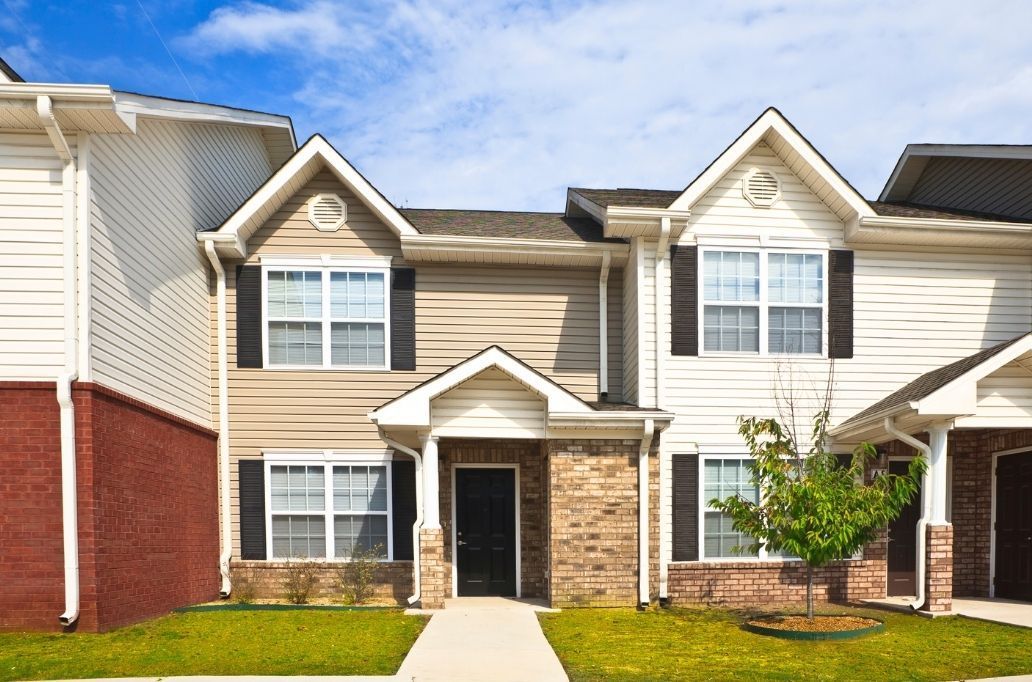
Index
As a rental property owner in Michigan, safeguarding your investment should be a top priority. Rental property insurance, also known as
landlord insurance, provides the necessary protection for your property and potential liabilities. This comprehensive guide will delve into the intricacies of Michigan rental property insurance, helping you understand its importance, coverage options, and how to choose the right policy.
Understanding Michigan Rental Property Insurance
Michigan rental property insurance is a specific type of insurance policy designed to protect landlords from financial losses related to their rental properties. This insurance is essential for anyone who rents out a home, apartment, or other types of residential properties in Michigan.
While homeowner's insurance covers owner-occupied properties, rental property insurance is designed to cover properties that are rented out to tenants. This distinction is crucial since rental properties often face different types of risks compared to owner-occupied homes.
The Importance of Rental Property Insurance
Rental property insurance is not a legal requirement in Michigan. However, without it, landlords can face significant financial losses. For instance, if a fire destroys your rental property and you don't have insurance, you'll have to bear the cost of rebuilding. Similarly, if a tenant or visitor gets injured on your property, you could be liable for their medical expenses and any legal fees if they decide to sue.
Moreover, rental property insurance can also cover loss of rental income. If a covered peril makes your property uninhabitable and you lose rental income, your policy can compensate for this loss. This coverage can be a financial lifesaver, especially for landlords who rely heavily on rental income.
What Does Michigan Rental Property Insurance Cover?
Michigan rental property insurance typically offers three main types of coverage: property damage, liability protection, and loss of rental income. However, the exact coverage can vary depending on the insurance provider and the specific policy.
It's important to carefully review your policy to understand what's covered and what's not. Here's a closer look at the typical coverage options.
Property Damage
This coverage protects against damage to your rental property caused by perils like fire, wind, hail, theft, vandalism, and certain types of water damage. It typically covers the building itself and any personal property you leave on-site for maintenance or rental use, such as appliances or lawn mowers.
However, it's important to note that not all perils are covered. For instance, most policies exclude damage caused by floods and earthquakes. If your property is at risk for these perils, you may need to purchase additional coverage.
Liability Protection
Liability protection covers legal expenses and damages if you're held legally responsible for injury or property damage. For example, if a tenant slips on a icy sidewalk and sues you, your liability coverage can pay for their medical bills, your legal defense, and any court awards or settlements.
Keep in mind that liability protection has limits. If a claim exceeds your coverage limit, you'll have to pay the remaining amount out of pocket. Therefore, it's crucial to choose a limit that adequately protects your assets.
Loss of Rental Income
If a covered peril makes your rental property uninhabitable, this coverage can compensate for the lost rental income while the property is being repaired or rebuilt. This can provide crucial financial support, especially for landlords who rely on rental income to pay their mortgage or other expenses.
Choosing the Right Michigan Rental Property Insurance
Choosing the right rental property insurance requires careful consideration of your property, potential risks, and financial situation. Here are some factors to consider.
Assess Your Property and Risks
Start by assessing your property and identifying potential risks. For instance, if your property is old, it may be more prone to certain types of damage. Similarly, if your property is located in a flood-prone area, you may need additional flood insurance.
Consider Your Financial Situation
Consider how much you can afford to pay out of pocket if a loss occurs. This can help you determine your coverage limits and deductibles. Remember, higher limits and lower deductibles mean higher premiums, but they can also provide greater financial protection.
Shop Around
Insurance rates can vary significantly between providers. Therefore, it's worth shopping around and getting quotes from multiple providers. Be sure to compare not just the price, but also the coverage options, limits, deductibles, and customer service.
Conclusion
Michigan rental property insurance is a crucial investment for any landlord. It protects your property, shields you from liability, and can even cover lost rental income. By understanding your coverage options and carefully assessing your needs, you can find a policy that offers the right protection at a price you can afford.

